
Just Wage Forum | Speaker Bios
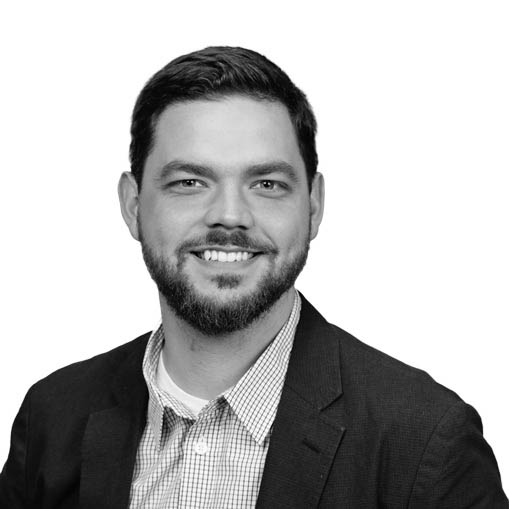
Brett Beasley
Brett Beasley, Ph.D., is the associate director of the Deloitte Center for Ethical Leadership at the University of Notre Dame, where he is also a concurrent assistant teaching professor of management and organization. He specializes in the connection between ethics and language/narrative. He is especially passionate about translating the ethics research into actionable insights leaders can use to prevent harm, promote fairness, protect human rights, and pursue the common good.
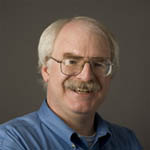
Kevin Christiano
Kevin J. Christiano is an associate professor of sociology and a faculty affiliate of the Higgins Labor Program at the University of Notre Dame. He has been a visiting scholar in the Department of Sociology at Princeton University (1986–1987) and in the Canadian Studies Center at Duke University (1994–1995). Christiano is the author or co-author of three books including Sociology of Religion: Contemporary Developments, with William H. Swatos, Jr., and Peter Kivisto (Walnut Creek, Calif.: Alta Mira Press, 2002; Lanham, Md., and New York: Rowman & Littlefield Publishers, 2008 and 2015). He was elected president of both the American Council for Québec Studies (2003–2005) and the Association for the Sociology of Religion (2005-2006). He has served as secretary-treasurer of the Section on the Sociology of Religion of the American Sociological Association (2007-2010), as Chair of the Publications Committee of the Religious Research Association (2010-2015), and as an associate editor of Social Compass: International Review of Sociology of Religion.
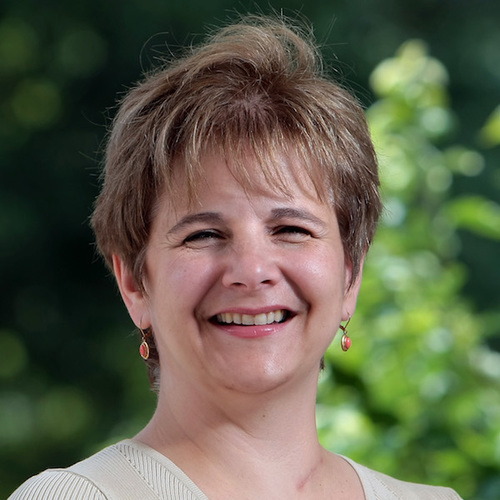
Judy Fox
Judith L. Fox, J.D., is a clinical professor of law at the University of Notre Dame Law School, has practiced consumer law for 20 years, and has an extensive record of scholarship and community-based work in issues of foreclosures, debt collection, and predatory lending in St. Joseph County. She leads Notre Dame’s Economic Justice Clinic, providing legal assistance to individuals whose incomes make it difficult for them to obtain counsel. She has taught courses on consumer law, alternative dispute resolution, ethics, and domestic violence, and she has engaged with community partners and Notre Dame faculty and students on research aimed at assisting people to get justice through the legal system.
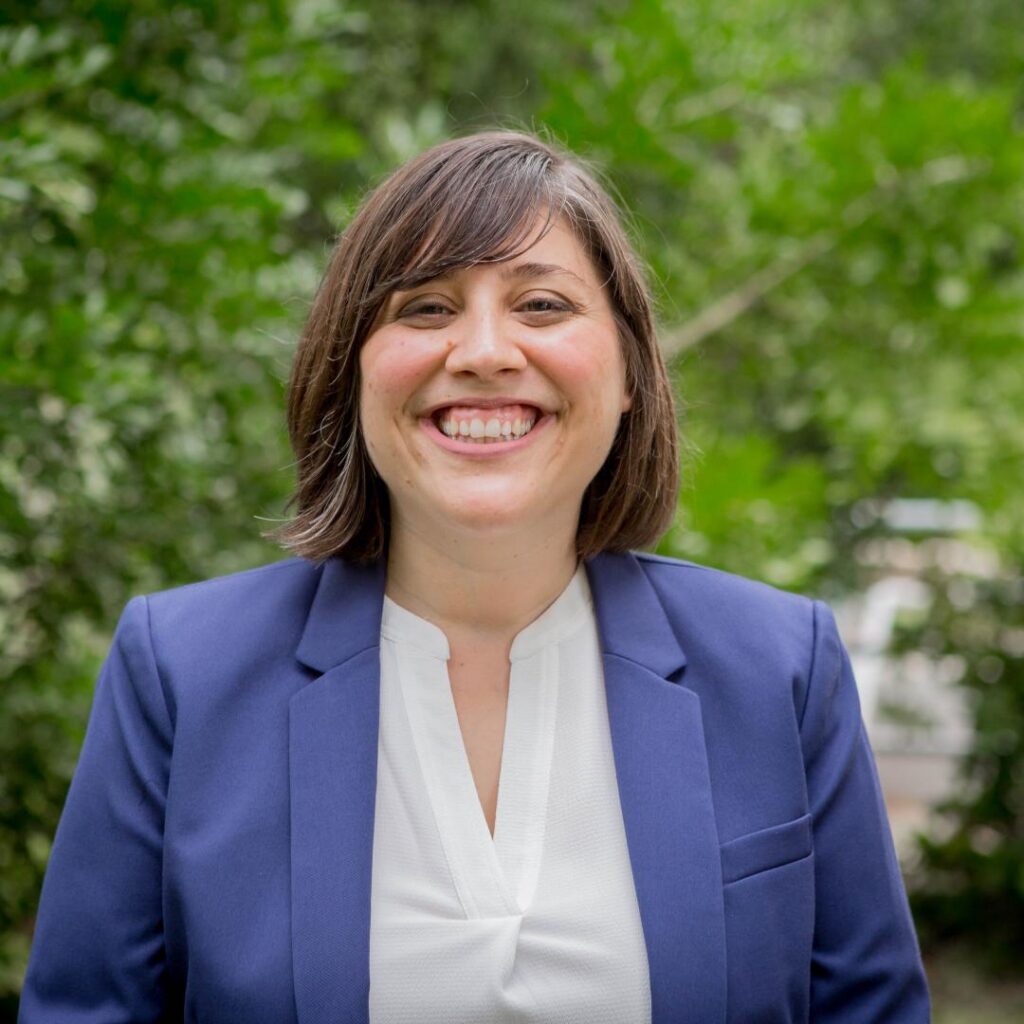
Stephanie Gharakhanian
Stephanie Gharakhanian is a graduate of the University of Notre Dame and Northeastern University School of Law. Passionate about the intersection between legal advocacy and community organizing, as a law student Stephanie worked with workers’ centers and workers’ rights organizations in El Paso, Boston, New Orleans, and Mexico City. She is currently the special counsel at Workers Defense Project, a Texas worker center with offices in Austin, Houston, and Dallas that organizes construction workers and their families to defend their labor and civil rights and achieve fair employment. During her time at Workers Defense Project, she has been part of numerous campaigns to win local policies that advance the rights of working people and immigrant families, including the statewide movement to earn Texas workers the right to paid sick leave. In February 2018, she was a leader in the effort to win the Austin Paid Sick Leave ordinance –– the first sick leave ordinance to pass in the southern United States. Gharakhanian is also a trustee of Austin Community College; she was elected to the college’s Board of Directors in December 2018.
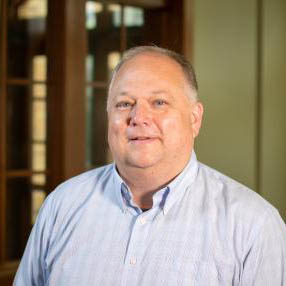
Dan Graff
Dan Graff is director of the Higgins Labor Program at the Institute for Social Concerns at the University of Notre Dame, where he also co-convenes the Just Wage Initiative. Dedicated to encouraging the Notre Dame community to realize the centrality of labor questions to all human endeavors, Graff has initiated projects like the Labor Cafe, the annual May Day Movie, and several lecture series (including History@Work and LABOR RAPS (Research, Advocacy, & Policy Series)). He writes and curates original online content, including the Labor Song of the Month, Work of Art/Art of Work, and the Labor Question Today blog. Graff holds a joint appointment as professor of the practice in the department of history, where he teaches a variety of courses in U.S. and labor history; he is currently conducting two history research projects: the first on labor and race in 19th-century St. Louis, the second on historicizing debates over excessiveness in U.S. politics. He earned his Ph.D. in U.S. History from the University of Wisconsin-Madison.

Eliza Harris
Eliza Harris is a Notre Dame senior double-majoring in honors History and Mathematics. She is currently working to complete her senior thesis on the relationship between race and the media in the twentieth-century United States. Harris has been a student researcher for the Just Wage Working Group since spring of 2018.
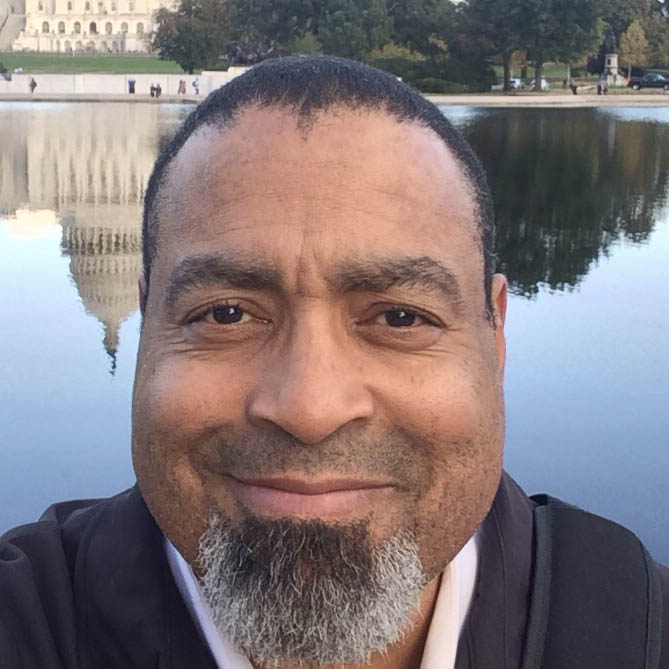
Kevin Hawkins
Kevin Hawkins has served as a Commissioner with the US Federal Mediation & Conciliation Service (FMCS) for over 17 years. Kevin worked for 14 years in the Las Vegas Field Office, covering the states of Nevada and Utah. For the past 3 years, Hawkins has been posted in South Bend, Indiana, in the shadow of his alma mater, the University of Notre Dame, where he earned a Bachelor of Arts in Psychology in 1981, and was a 3 year member of the men’s basketball team. Prior to joining FMCS, Hawkins worked in various capacities of human resource management for Bismarck Enterprises in Chicago, IL, for Aramark Corporation, Circus Circus, and The Venetian Resort in Las Vegas. He also served for 2 years as adjunct faculty in the Hospitality Department of The College of Southern Nevada. Hawkins is very active with his local church and within the community. In that spirit, he and his wife Karen founded and operate a family nonprofit foundation, which focuses on promoting literacy with community youth, and working on service projects for the underserved and people in need.
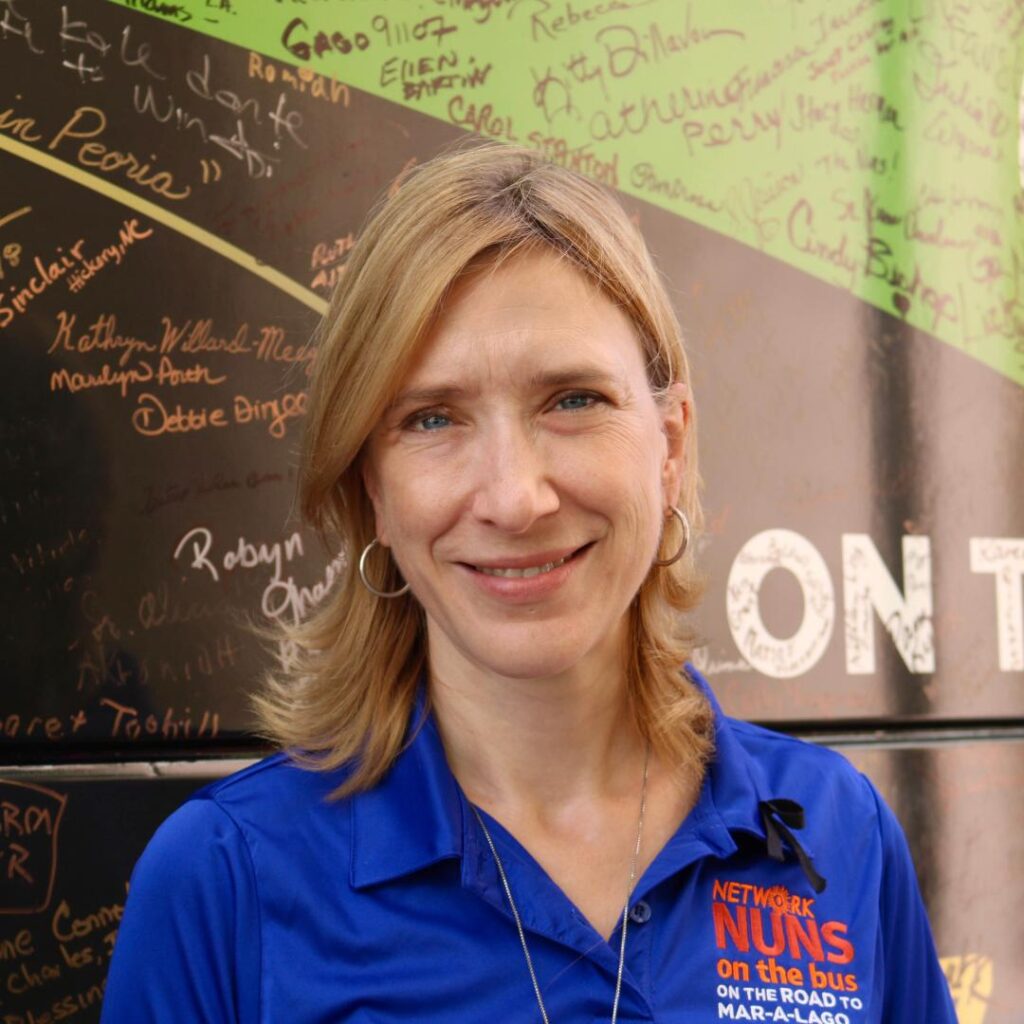
Sr. Quincy Howard, O.P.
Sr. Quincy Howard, O.P., is part of the Government Relations team at NETWORK: The Catholic Social Justice Lobby, working with lawmakers and their staff to advance NETWORK’s policy platform in Congress. She plans and carries out targeted strategies for pushing NETWORK’s Mend the Gaps agenda on Capitol Hill by coordinating with a grassroots mobilization team and with coalition partner organizations in the faith community and beyond. Howard brings her experience in urban planning to NETWORK—including community development, disaster recovery and resilience planning, environmental advocacy, and policy analysis. A professed Dominican Sister of Sinsinawa, she is passionate about Catholic Social Justice and the call to action to protect and serve the most vulnerable members of society.
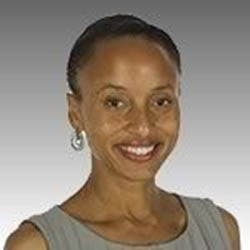
Charlice Hurst
Charlice Hurst is an assistant professor of management and organization at the Mendoza College of Business at the University of Notre Dame. She holds a Ph.D. in Organizational Management from the University of Florida, an IMBA from the Moore School of Business, and a B.A. from Harvard University. Her areas of expertise include the development and effects of interpersonal relationships at work, gender and race in the workplace, stereotyping and discrimination, and personality and self-concept. She teaches Social Entrepreneurship, Social Innovation, and the Principles of Management.
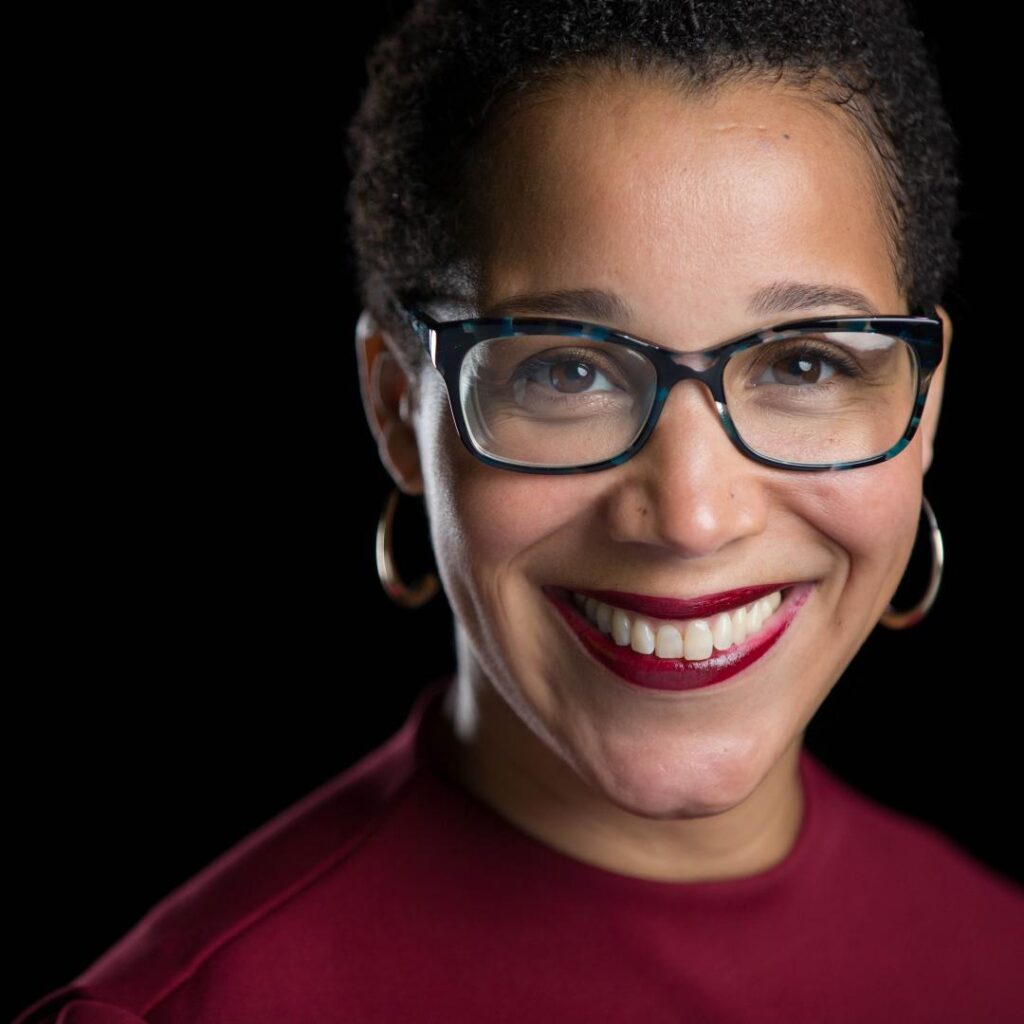
Eve Kelly
Eve Kelly is an academic advisor for first-year students who intend to pursue a major in the College of Science. She holds the rank of advising professor. In addition to her advising responsibilities, Kelly serves as faculty mentor for Posse New Orleans. The Posse Foundation identifies public high school students with extraordinary academic and leadership potential who may be overlooked by traditional college selection processes. Her professional work has been devoted to issues of educational access and equity.
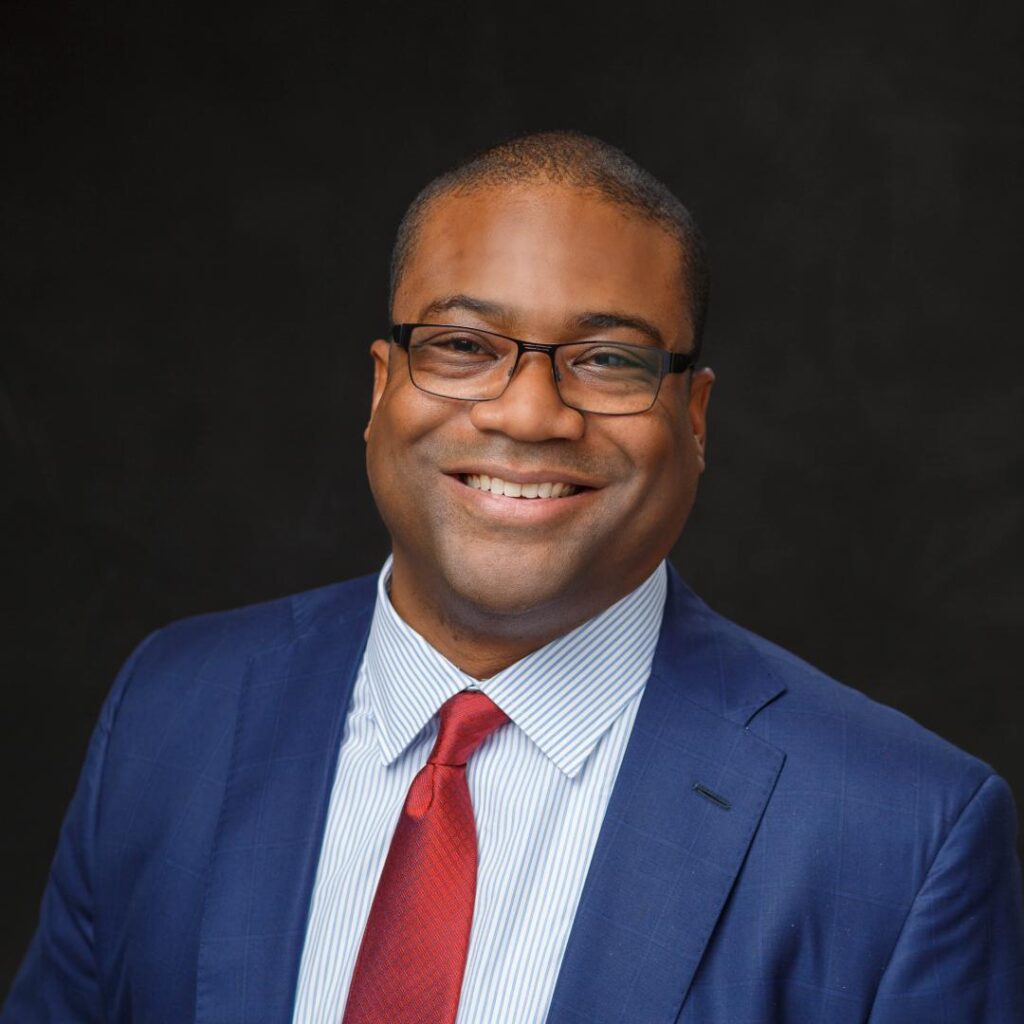
Randy Kinder
Notre Dame alum Randy Kinder was named president of the AFL-CIO Investment Trust Corp in June of 2019. Mr. Kinder has been with the fund for 17 years, where his responsibilities included strategic marketing campaigns for the $5.2 billion AFL-CIO Building Investment Trust and the $8 billion AFL-CIO Equity Index Fund.

Thea Lee
Thea Lee is the president of the Economic Policy Institute (EPI). Lee has a longstanding relationship with EPI, having begun her career there as an international trade economist in the 1990s. Lee came to EPI from the AFL-CIO, a voluntary federation of 56 national and international labor unions that represent 12.5 million working men and women, where she served as deputy chief of staff. At the AFL-CIO, she developed a track record of conducting rigorous economic research, overseeing an ambitious policy agenda, and helping steer a large organization through change.
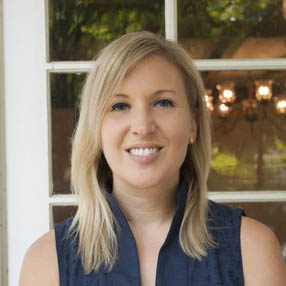
Katherine Maich
Katherine Maich is an assistant professor of labor and employment relations at the Pennsylvania State University, and an affiliate faculty member in Sociology, Women’s, Gender & Sexuality Studies, and Latin American Studies. She holds a Ph.D. in Sociology from the University of California, Berkeley, where her dissertation was recognized with the Honorable Mention in LERA’s 2018 Best Dissertation Award Competition. Maich’s research and teaching interests include gender and race, law, labor informality, domestic work, digital organizing, and ethnography. Her recent publications include “Of Home and Whom: Embeddedness of Law in the Regulation of Difference” in Political Power and Social Theory. Maich is a member of the global Research Network for Domestic Worker Rights, and she currently serves as the secretary/treasurer of the American Sociological Association’s Labor and Labor Movements Section and the chair of the Latin American Studies Association’s Labor Studies section.
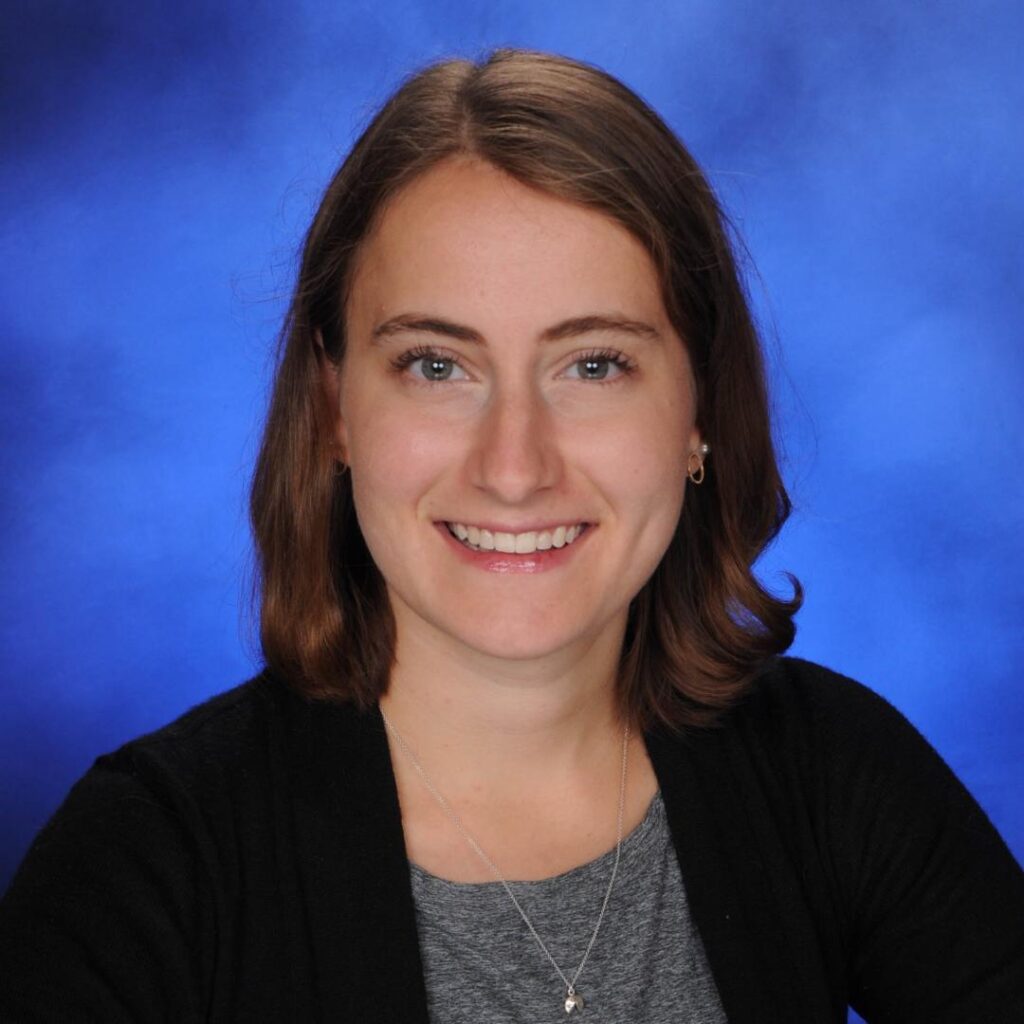
Emily Merola
Emily Merola is a senior at Notre Dame with an honors major in Economics and a minor in the Hesburgh Program for Public Service. She is a student researcher for the Just Wage Initiative, and has been since the spring of 2019. She has worked as a research intern with the Tax Policy Center at the Brookings Institution, and a legislative intern with the Social Security and Oversight Subcommittees of the U.S. House Committee on Ways and Means. During the school year, she is co-president of the Economics Club and the “Fiscal and Fed” Challenge Club, where she helps lead efforts to engage students with economics and economic policy.
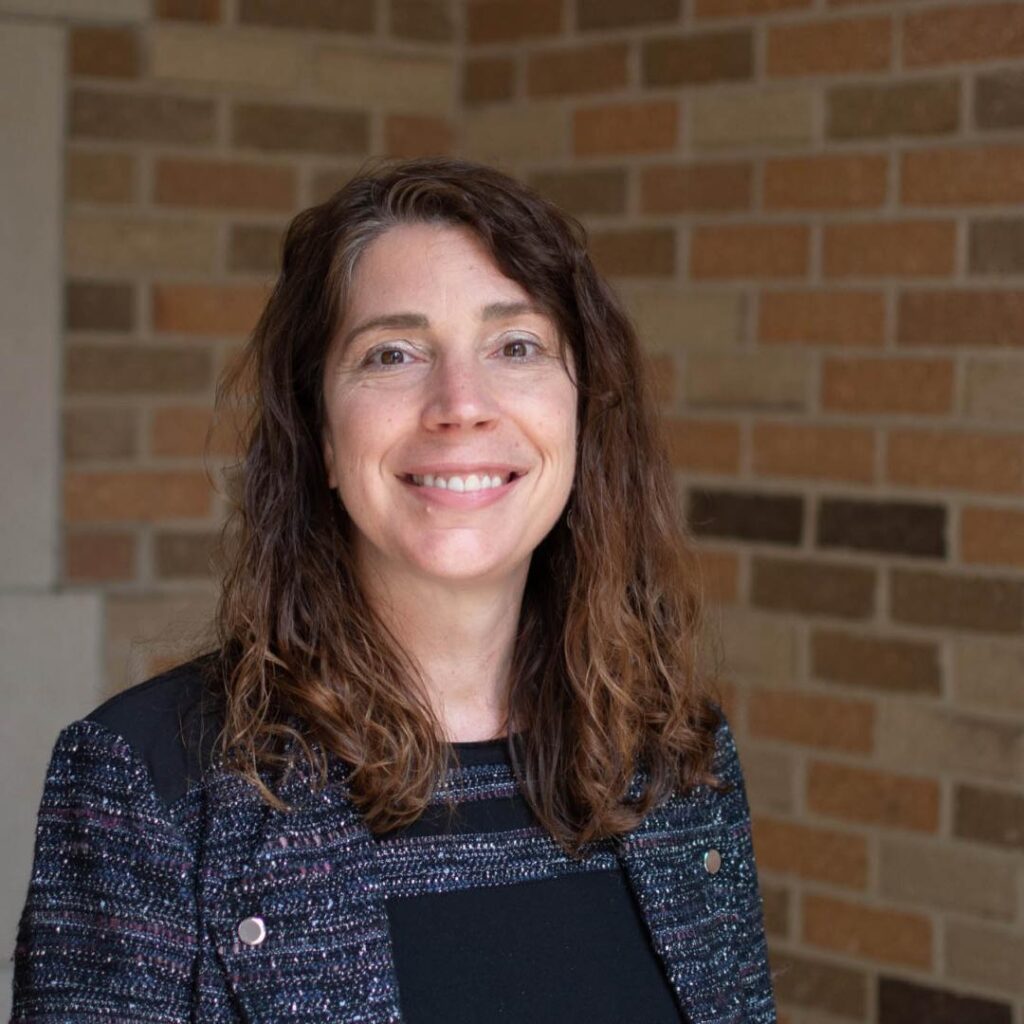
Connie Snyder Mick
Connie Snyder Mick is a senior associate director and the director of academic affairs at the Institute for Social Concerns and co-director of the Poverty Studies Interdisciplinary Minor, both at the University of Notre Dame. She works with faculty to design and implement academic community engagement in courses and research across the University, informed by pedagogical research on engaged teaching and learning. She leads initiatives that help advance a culture of engagement, such as the Community Impact Grants, the Engaged Learning Forum, and the Faculty Fellows. Mick also leads the annual Community Engagement Faculty Institute, a three-day immersion into the theory and practice of community-based teaching, research, and scholarship.
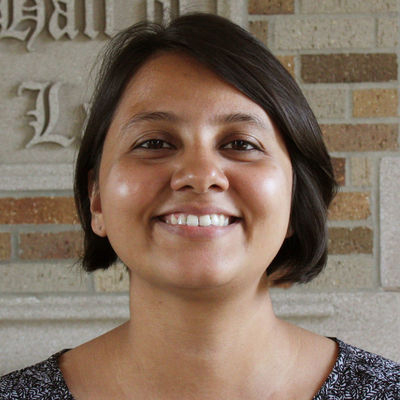
Monalisa
An Indian human rights lawyer, Monalisa supported legal aid clinics for marginalized communities, in remote areas and unfavorable conditions. She undertook strategic litigation challenging gender discrimination in wages for migrant women workers producing for the apparel Global Supply Chain (GSC) with extensive evidence gathering. To ensure accountability of businesses, she represented workers in international negotiation. A proud ND alumna, she received her LLM in International Human Rights Law in 2018. Berlin based, Mona currently focuses on transnational business and human rights cases.
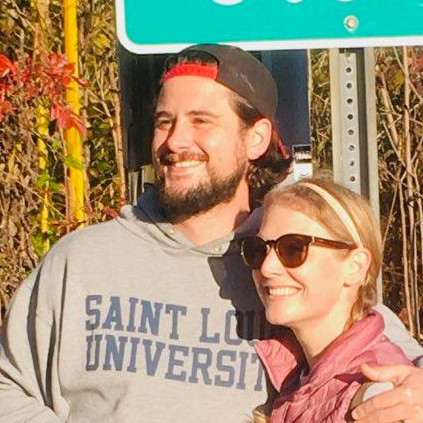
Stuart Mora
Stuart Mora is a graduate of the University of Notre Dame (’08). He is currently a lead organizer with Unite Here International Union, the union that represents food service, hotel, and casino workers across North America. Since graduating from Notre Dame, Stuart has been a leader of Unite Here in Indiana, where he is currently the Indiana Chapter President of Unite Here Local 23. As an elected union leader and an organizer, he has experience successfully organizing non-union workers, representing union workers, bargaining contracts, and running political campaigns. Aside from his work as a union leader, Stuart co-founded the Catholic Worker community in Indianapolis and is currently the elected vice-chair of the Marion County (Indianapolis) Democratic Party.
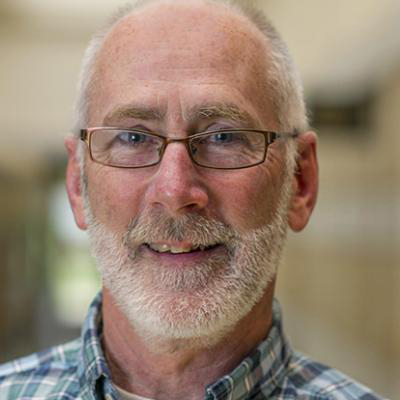
Patrick Regan
Pat Regan is president of Crossroads Solar, a local solar panel manufacturing company whose core mission is to create good paying jobs with benefits for people transitioning from prison back into society. The company is organized around a ‘flat’ income structure with profit sharing and the potential for worker ownership. People are the primary focus of its Triple P organizational structure. He has a Ph.D from the University of Michigan (1992) and held faculty positions at the University of Canterbury, Binghamton University, and the University of Notre Dame, as well as visiting positions at Bogazici University and the Center on Ecology, Environment and Sustainability, Sichuan University. An associate director of Notre Dame’s Environmental Change Initiative for ND-GAIN (Notre Dame Global Adaptation Initiative), a university effort that seeks to understand the effects of climate change through a lens of human social adaptation and advise private industry and nongovernmental organizations developing adaptation strategies, Regan also authored five books and over sixty articles. He left the University of Notre Dame in August 2019 to start Crossroads Solar.
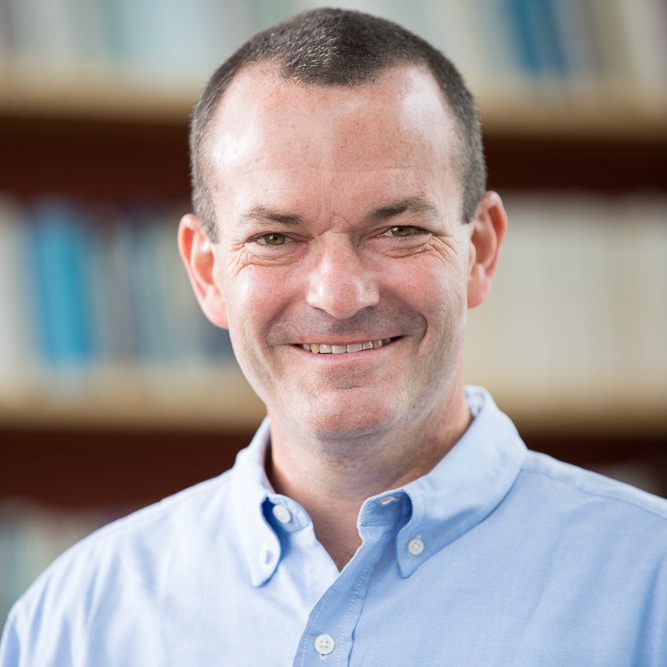
Andrew Schrank
Andrew Schrank received his Ph.D. from the University of Wisconsin in 2000. He is currently the Olive C. Watson Professor of Sociology and International and Public Affairs at Brown University. Schrank is affiliated with the Department of Political Science and the Population Studies and Training Center at Brown, and a CIFAR Fellow in the program on Innovation, Equity, and the Future of Prosperity. He has received grants and fellowships from the National Science Foundation, Social Science Research Council, and many private foundations; consulted for the World Bank, Inter-American Development Bank, United Nations Development Programme, and other federal agencies; served on several editorial boards; and collaborated with Somos un Pueblo Unido, an immigrant rights organization based in New Mexico, and the Center for a New Economy in Puerto Rico. His research has been published by leading journals in political science, sociology, international development, and Latin American studies. And he is the co-author (with Michael Piore) of Root-Cause Regulation: Protecting Work and Workers in the Twenty-First Century (Harvard University Press 2018).
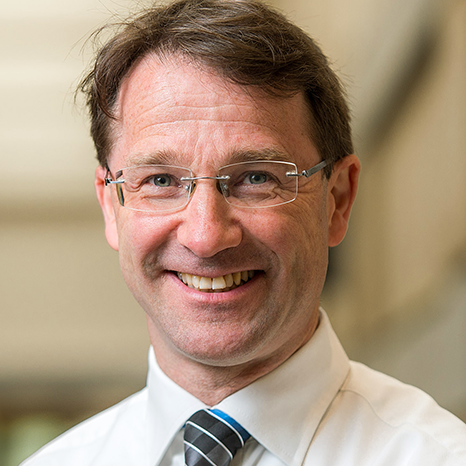
Clemens Sedmak
Clemens Sedmak is professor of social ethics and interim director of the Nanovic Institute for European Studies at the Keough School of Global Affairs. He is also a concurrent professor of theology and has a joint appointment at Notre Dame’s Institute for Social Concerns. Before coming to Notre Dame, Sedmak was the FD Maurice Professor for Moral Theology and Social Theology at King’s College London. He has held multiple positions at the University of Salzburg, serving as Director of the Center for Ethics and Poverty Research and Chair for Epistemology and Philosophy of Religion. He was also president of the Institute for Advanced Studies in Social Ethics in Salzburg. Sedmak holds doctoral degrees in philosophy, theology and social theory. Born in Austria, he has studied at the University of Innsbruck, the Swiss Federal Institute of Technology in Zurich (ETH Zurich), Maryknoll (New York), and the University of Linz. He has been a visiting professor at the Jomo Kenyatta University in Nairobi, the Ateneo de Manila University in the Philippines, the University of Jena in Germany, the Vienna Business University, and the Universidad Iberoamericana in Mexico City. He is the author and editor of several books.
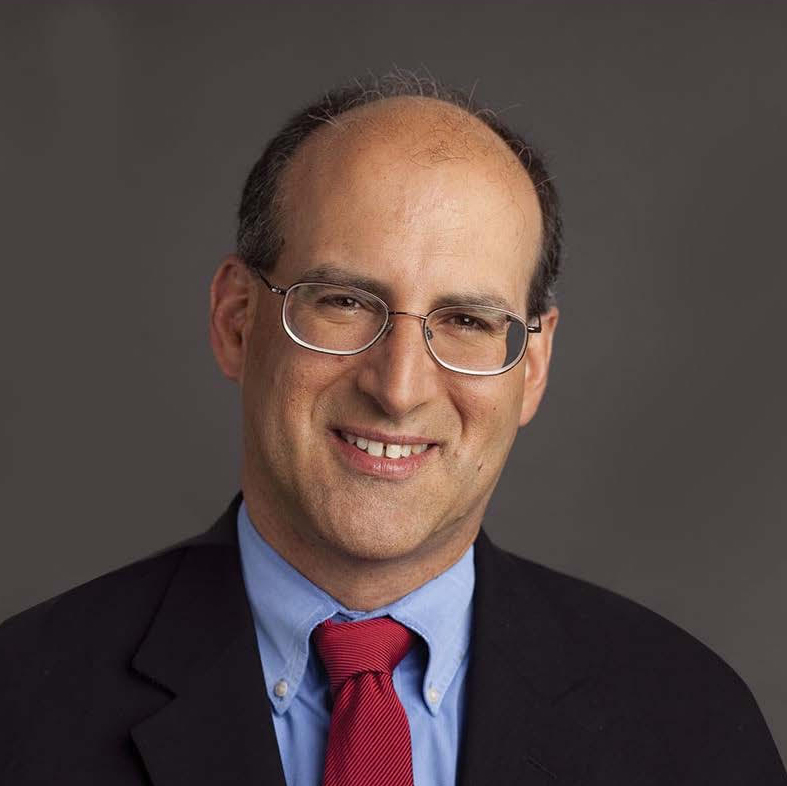
Damon A. Silvers
Damon A. Silvers is the director of policy and special counsel for the AFL-CIO. He joined the AFL-CIO as associate general counsel in 1997. Silvers is also a member of the Investor Advisory Committee of the U.S. Securities and Exchange Commission and the Public Company Accounting Oversight Board’s Investor Advisory Board. Formerly, Silvers served on the Treasury Department’s Financial Research Advisory Committee and as the deputy chair of the Congressional Oversight Panel for the Troubled Asset Relief Program from 2008 to 2011. In 2019 he was a visiting professor at University College London’s Institute for Innovation and Public Purpose. Silvers is a board member of the Century Foundation and a Fellow of the Roosevelt Institute.
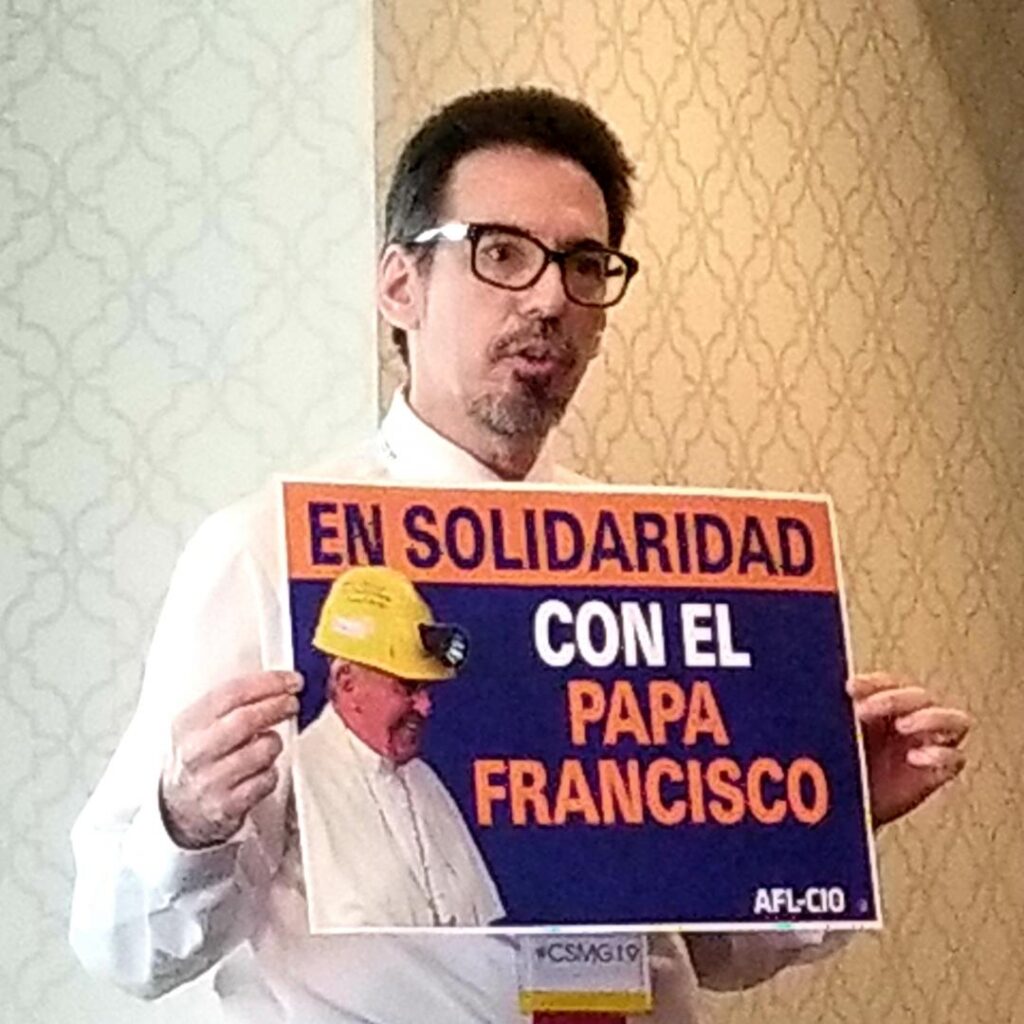
Clayton Sinyai
Clayton Sinyai is the executive director of the Catholic Labor Network, an association of Catholic union activists – clergy, religious and lay – committed to Catholic Social Teaching on labor and work, and to fostering collaboration between Church and labor organizations to advance worker justice. A former rubberworker, railroad clerk, and letter carrier, he has spent the past two decades in a variety of union staff roles as a researcher, organizer, and communications director. Clayton is a member of (Construction) Laborers’ Union Local 11 in Washington D.C. and Knights of Columbus Council 17056 in his home parish of St. Philip the Apostle Catholic Church in Falls Church, Virginia. He’s also the author of Schools of Democracy: A Political History of the American Labor Movement (Cornell, 2006).
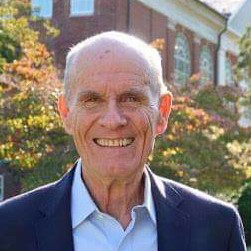
Donald Stabile
Don Stabile earned his Ph.D. in economics at the University of Massachusetts-Amherst; he has been a faculty member at St. Mary’s College of Maryland since 1980. During his years at St. Mary’s, he has taught a wide array of courses in economics. He has served two terms as chair of the economics department and two terms as associate provost. He is the author of ten books, co-author of two books, author of 18 articles in scholarly journals and author of over 100 book reviews. Stabile was recipient of the Norton Dodge Award for Creative and Scholarly Achievement in 2003 and was named an Honorary Alumnus of St. Mary’s in 2004. In 2005 he received an appointment as Professor of the College.
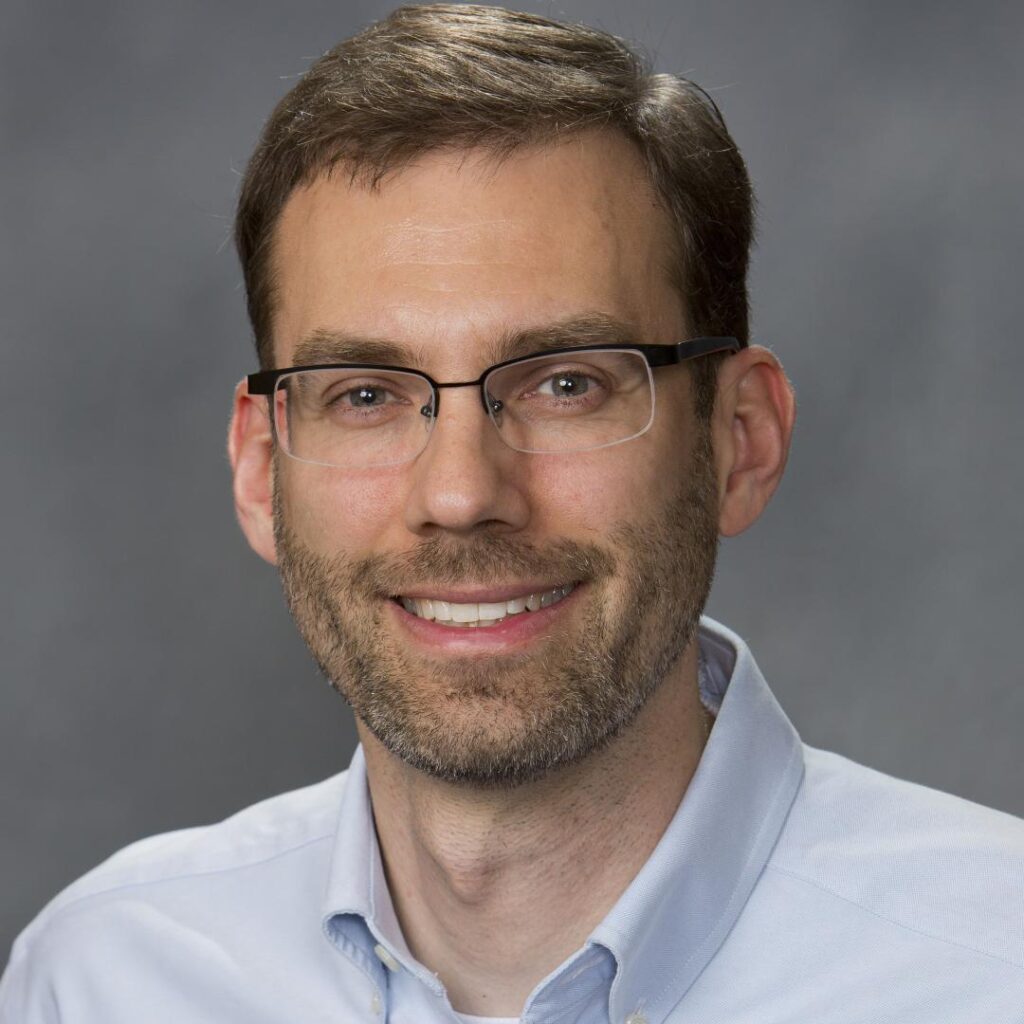
Tom Stapleford
Tom Stapleford is currently the chairperson of the Program of Liberal Studies at the University of Notre Dame as well as a faculty member of the History Department and on the Executive Committee of the History of Economics Society. He studies the human sciences, especially economics, where his work intersects American political history and the history of capitalism. He also has strong interests in virtue ethics, historical epistemology (the joint historical and philosophical study of ways of reasoning), and historiography (how one writes history). Stapleford is the author of The Cost of Living in America: A Political History of Economic Statistics (Cambridge, 2009) and co-editor of Building Chicago Economics: New Perspectives on the History of America’s Most Powerful Economics Program (Cambridge, 2011), and he has published articles in a diverse set of journals, including the Journal of American History, Isis: Journal of the History of Science Society, History of Political Economy, and Labor History. He is currently writing a book manuscript that uses virtue ethics to think about how to integrate expertise with democratic governance.
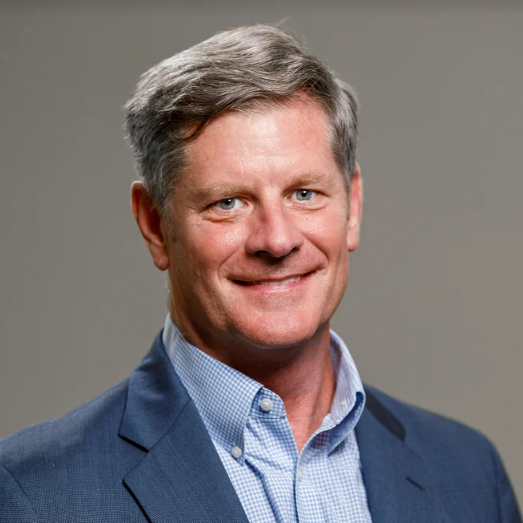
Marty Whalen
Marty Whalen graduated from Notre Dame with a degree in sociology and received an MBA from Olivet Nazarene University. He ran a small business, was on the boards of a local hospital, community bank, United Way, and Community Foundation. He is involved with the Moreau College Initiative, a college-in-prison program at Westville Correctional Facility. Currently he is the career program manager for Notre Dame’s College of Arts and Letters and co-owner of Crossroads Solar, a South Bend-based solar panel manufacturer that helps formerly incarcerated people find dignified work while also helping the environment.
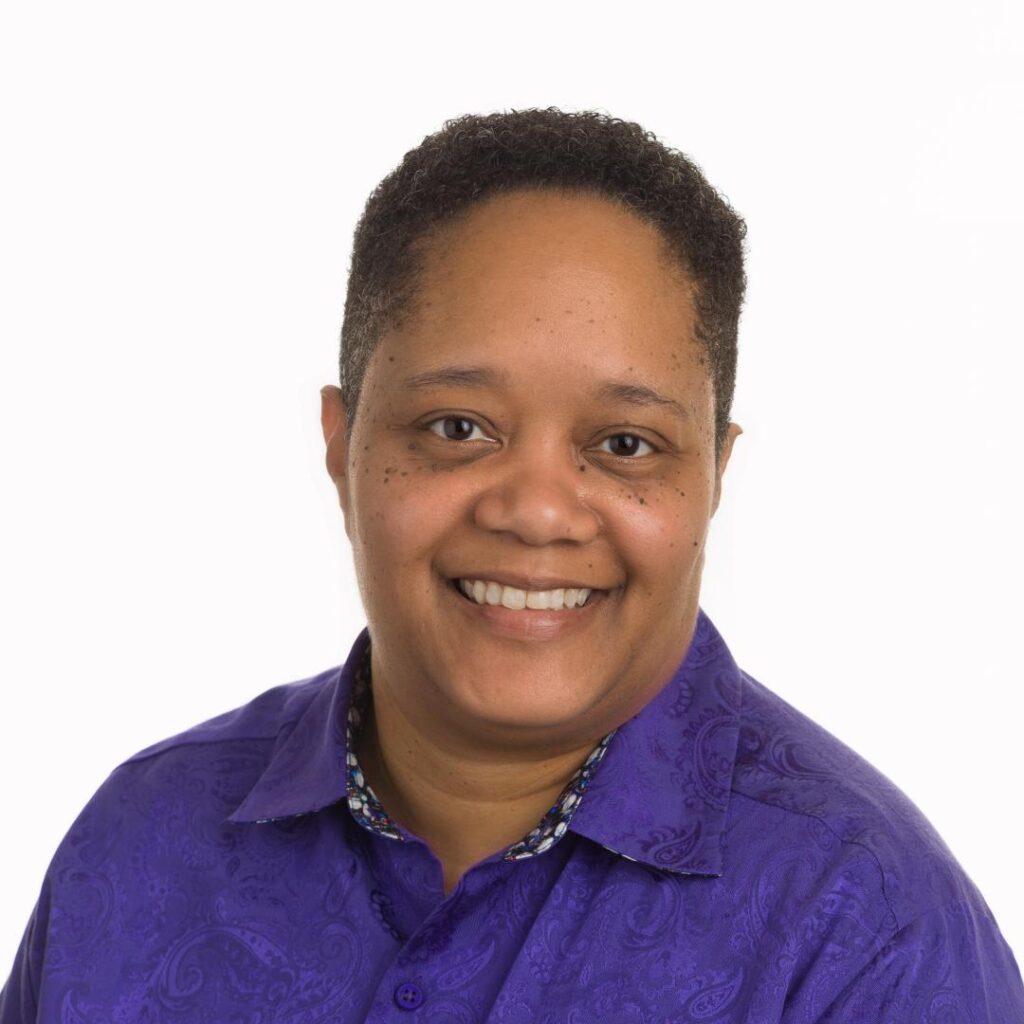
Naomi R. Williams
Naomi R. Williams received her Ph.D. from the History Department at the University of Wisconsin-Madison. Her primary research interests include labor and working-class history, urban history and politics, gender and women, race and politics, and more broadly, social and economic movements of working people. Williams’ primary focus is on late-capitalism at the end of the 20th century and workers’ role in shaping the U.S. political economy. Currently, she is revising a book manuscript, tentatively titled Workers United: Race, Labor, and Coalition Building in Deindustrialized America, on the transformation of class identity and politics in the second half of the twentieth century.
